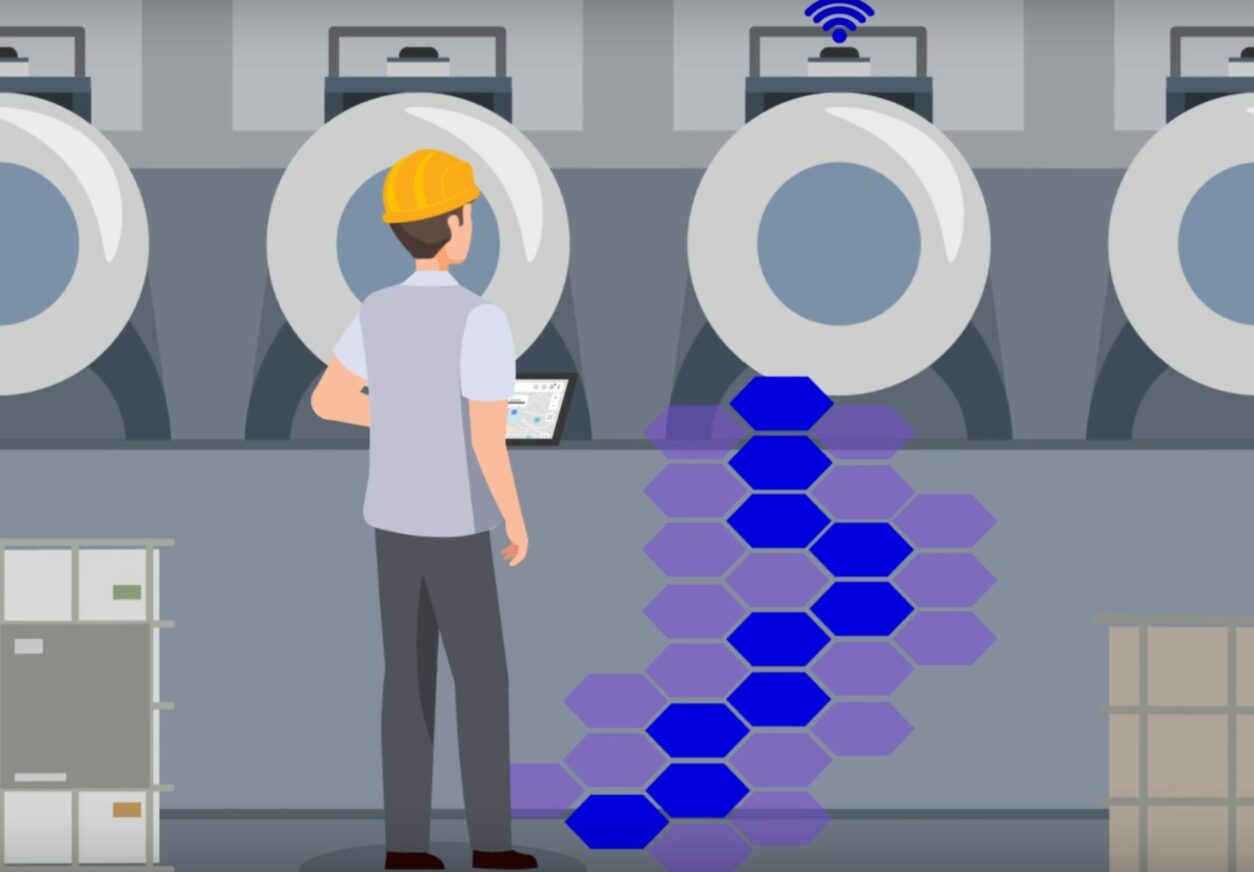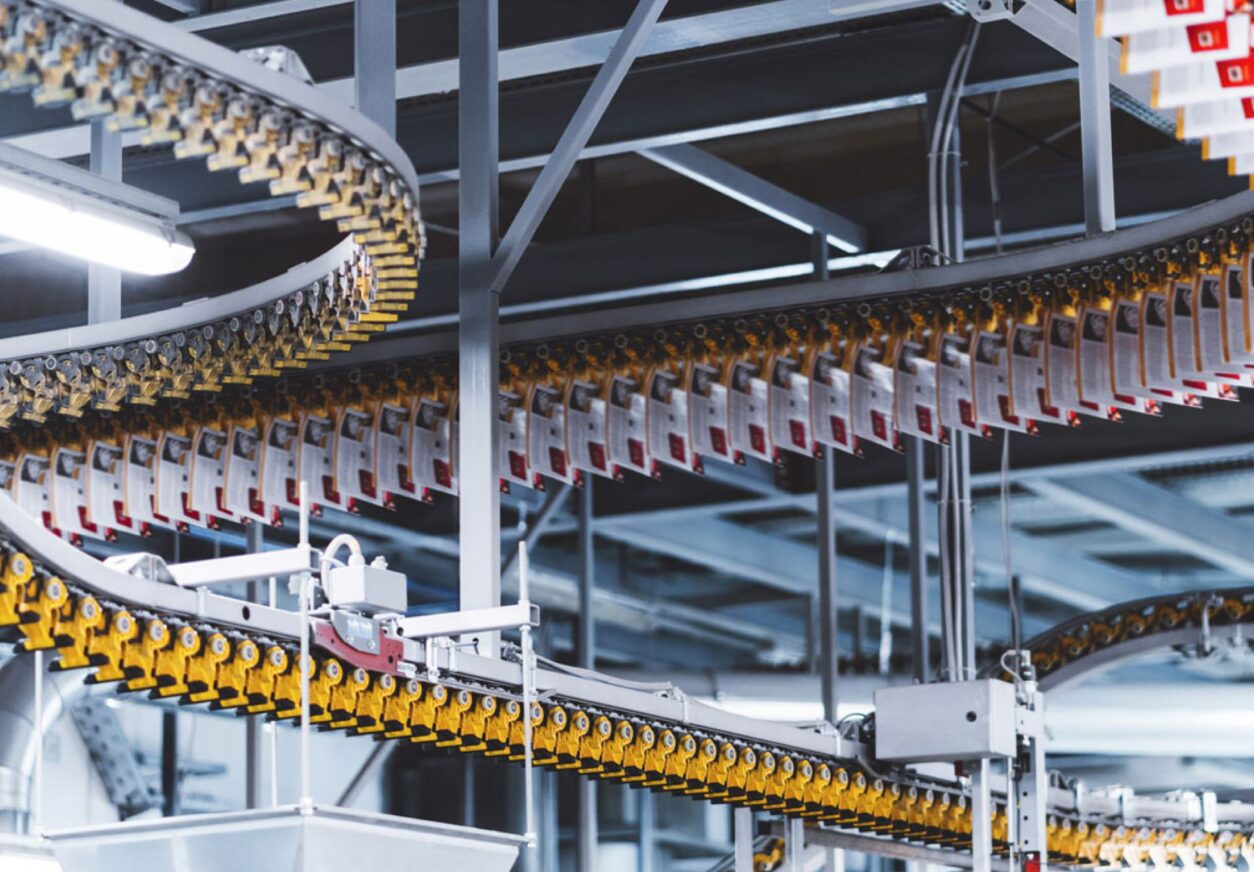What is Lean Management?
The Lean project management method aims to reduce the costs and production time of a project by reducing or eliminating all unprofitable activities in a company.
It allows to reconcile productivity and quality of work for a more efficient company.
History: The Lean project management method was created in the early 1960s by the Japanese Taiichi Ono for the Toyota company.
In other words, the philosophy of Lean is the search for performance through the elimination of waste.
In order to satisfy the customer, it is therefore a question of improving the processes already existing in the company to obtain a more qualitative and less expensive result.
The different types of waste to eliminate for a more productive company
The types of waste in the company are classified into three main categories. It is essential to define them well in order to be able to identify them and then eliminate them.
“Mudas” are tasks that do not add value to the company but are not questioned.
“Muris” are those tasks that are too difficult to perform and thus pose a danger to the final process.
“Muras” are uncontrolled fluctuations in the production process that make it unstable and therefore inefficient.
It can be difficult to identify these three families of waste in your company’s operations.
This is why specifications on these families, separated into 7 Lean Mudas are described below for a better appropriation of these wastes.
The 7 Lean Mudas to eliminate
The 7 types of waste that cause stunted productivity are the following:
- Overproduction
- Unnecessary inventory
- Unnecessary travel
- Unnecessary processing
- Unnecessary movements
- Errors
- Waiting times
Overproduction
Overproduction consists in producing more than the customer needs.
It is dangerous for the company because it can cause the slowing down or even the total stop of the flow.
The inadequacy between supply and demand, or the difficulty to follow your production process can be at the origin of this overproduction.
Inventory
Unnecessary inventory can be caused by overproduction, but also by poor planning and uncontrolled waiting time.
Unnecessary travel
Unnecessary travel is the movement of materials, parts, products or documents that do not benefit the customer.
Unnecessary treatments
Unnecessary processes are all tasks that are done for nothing.
They are often caused by a lack of clear and standardized specifications that lead to a quality of parts that is too high for the price of the product.
Unnecessary movements
Unnecessary movements are caused by poor workstation ergonomics that lead employees to take more steps than necessary.
Mistakes
Errors are all tasks that require rework and therefore slow down production.
In the Lean philosophy, it is important to put the necessary means in place to get a task done right the first time.
Waiting times
Finally, wait times describe the products or people that have to wait between two tasks or steps.
This is due to the poor synchronization of steps.
The 8th waste
The lack of training or an overly rigid or authoritarian management style can lead to an under-utilization of employees’ skills, which greatly hinders team spirit and creativity. Indeed, in the Lean philosophy, which resides in the fundamental principle of continuous improvement, employees occupy a central place.
In their desire to increase productivity, some companies may neglect the well-being of their employees. Under these conditions, stress and fatigue develop further.
It is therefore essential to ensure a proper quality of work so that employees perform better in their daily tasks.
Zozio fully shares this principle and puts an employee at the heart of the factory.
“Zozio’s mission is to provide the factory worker with an agile and easy-to-use tool that will allow them to easily interact with their complex environment and free them from unnecessary and repetitive tasks.”
Bastien Triclot, Founder of Zozio
Conclusion
Whatever waste you recognize your company in, with the right techniques, it is quite possible to reduce these wastes.
Methods and improvement plans such as Kaizen, 5S, SMED, Six Sigma and Kanban can improve quality and increase productivity.
Written by Emma Guignard







